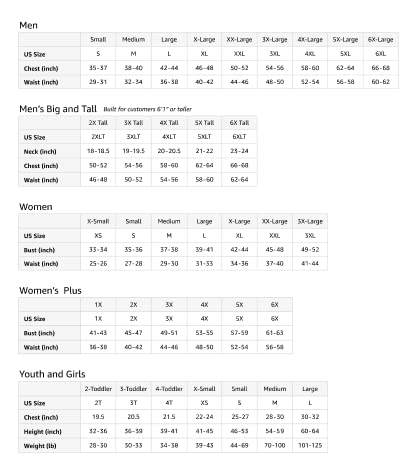Innovative Hotel Robot Service (Italian Edition)
Category: licheng

The rapid expansion of the tourism industry has triggered a swift growth in the local hospitality sector, which is constantly seeking innovative sources of competitive advantage. A comprehensive business strategy to sustain competitive advantage must be sustainable, formulated through a series of knowledge domains, including marketing, operational processes, the supply chain, finance, human resources, and information technology.
The article begins by describing the innovative robotic services in the hospitality industry and the evolution of robots for hospitality services. It then outlines the mixed methodological approach used in this study, which includes an expert panel and semi-structured interviews using a qualitative method, as well as a ranking survey using a quantitative method. The results are analyzed using the SMART SWOT classification technique.
Few studies have analyzed hotel robotic services using the six-dimensional service innovation model. This model helps to identify six factors and suggests that this new service concept can position hotels to compete more effectively through the use of digital and relational marketing strategies.
The six-dimensional service innovation model comprises service concept, client interface, service delivery system, technological options, service employees, and productivity and quality. The article explores how these dimensions can be leveraged to enhance the competitiveness of hotels in the face of the rapid expansion of the tourism industry and the growing demand for innovative hospitality services.
The study findings reveal that the integration of robotic technologies into hotel operations can lead to significant improvements in service quality, efficiency, and customer satisfaction. Robotic technologies can automate routine tasks, freeing up hotel staff to focus on more personalized and value-added services. Additionally, the use of robots can enhance the hotel's image and attractiveness, particularly among tech-savvy travelers.
However, the successful implementation of robotic technologies in hotels requires a carefully crafted strategy that addresses various organizational and technological challenges. The article emphasizes the importance of aligning the robotic services with the hotel's overall business strategy, as well as ensuring seamless integration with existing operations and systems.
Furthermore, the study highlights the need to address potential concerns regarding job displacement, customer acceptance, and data privacy and security. Hotels must invest in employee training and development to ensure that staff are equipped to work alongside robots and provide a high level of personalized service.
In conclusion, the rapid growth of the tourism industry has created both opportunities and challenges for the hospitality sector. The integration of robotic technologies presents a promising avenue for hotels to enhance their competitiveness and cater to the evolving needs of modern travelers. By leveraging the six-dimensional service innovation model, hotels can develop a comprehensive strategy to harness the benefits of robotic services while addressing the associated challenges.
product information:
| Attribute | Value |
|---|---|
| publisher | Edizioni Sapienza (July 4, 2024) |
| language | Italian |
| paperback | 52 pages |
| isbn_10 | 6207755596 |
| isbn_13 | 978-6207755592 |
| item_weight | 3.21 ounces |
| dimensions | 5.91 x 0.12 x 8.66 inches |



















